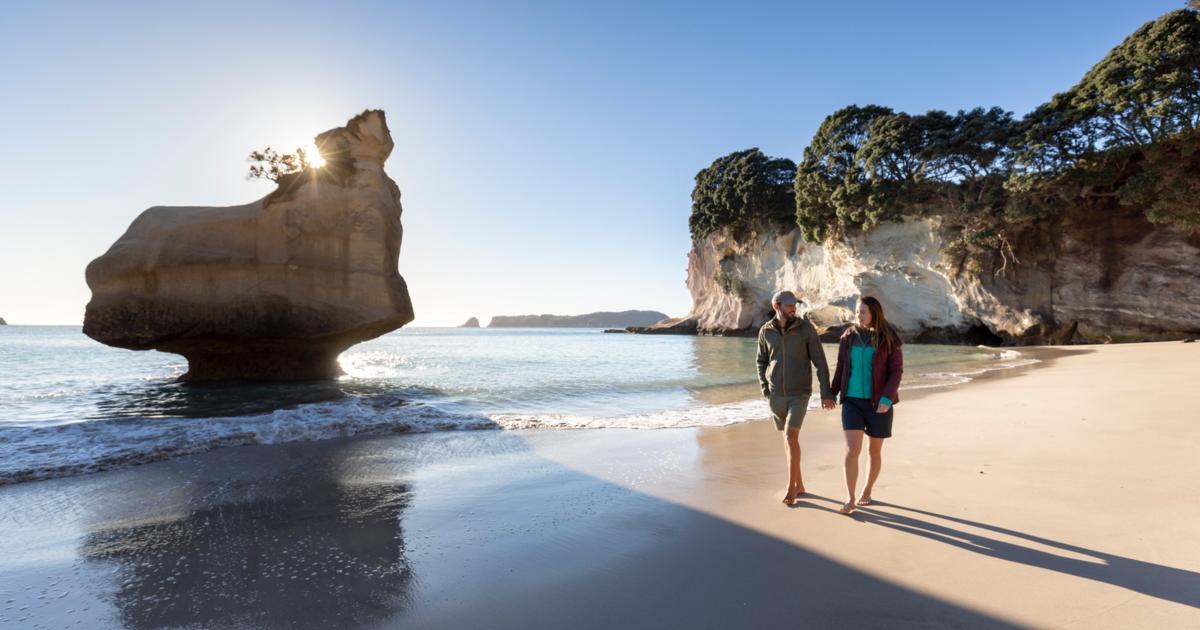Cultural immersion is a fantastic way to broaden your horizons and form strong ties to other cultures – but first you must step outside your comfort zone!
Participants displayed a remarkable transformation in their attitudes toward people from diverse backgrounds upon returning, which corresponds with Hoggan’s typology of transformative learning: epistemology, worldview and capacity.
Observe the Art
Art can be an illuminating way of understanding a culture. From paintings and sculptures in museums to architecture and murals on streets or performances such as music or dance performances, you can gain a deep insight into a country’s past and current lifestyle by taking in artistic expressions of its local arts scene.
Culinary and artisanal skills are an integral component of experiencing culture. Attending local markets or taking cooking classes can provide an insider look into the ingredients and methods used to craft delectable meals; learning the craft of creating handicrafts from scratch gives us insight into a community’s history and traditions.
Cultural immersion experiences also offer you an invaluable opportunity to gain a more critical perspective of your beliefs and values. Mezirow’s perspective transformation theory asserts that people operate from habitual expectations or perspectives developed throughout life’s interactions and socialization processes.
Cultural immersion experiences provide our participants with an opportunity to look at the world with fresh eyes, altering their views of home, society and culture in ways that continue to shape them on an everyday basis. They now strive to incorporate this transformative knowledge into their careers or community activities at home.
Listen to the Music
Cultural immersion goes beyond simply learning about a different culture; it involves immersing oneself into it and understanding its perspectives on life. Immersion doesn’t only involve watching people go about their daily lives and following traditions; rather it means engaging with and getting to know locals through staying with a host family, attending local festivals or learning the language – among many other methods.
An additional way of experiencing culture is through music and other forms of entertainment, including concerts, plays, dances, and other events showcasing local art and traditions. Listening to popular radio stations or watching popular movies will also give an idea of the current lifestyle and culture in that community.
Participating in cultural immersion can transform not only your knowledge about a different culture but also your perceptions of yourself and others – this process is known as transformative learning. Kiely conducted numerous studies that examined how SAP/GSL participation can alter perceptions and self-identity. His research supported perspective transformation theory as it pointed to various personal, environmental, and programmatic factors influencing this process – but most important for successful transformative learning is an open mind with respect.
Go to the Movies
Participating in movies and other cultural events is an invaluable way to learn about another culture and its people, their thoughts, feelings, actions and communication styles. You’ll meet plenty of locals as you gain more insights. Additionally, these events can serve as an ideal setting to make friends in an informal yet comfortable atmosphere.
Immersing yourself in another culture can open your eyes to see things from a whole new angle, helping you understand how different perspectives impact how you view the world – which in turn affects how it translates to your personal life. Furthermore, immersing yourself can open your mind up to appreciate all of nature’s splendor!
Research surrounding study abroad programs often focuses on their outcomes; less attention is given to how these experiences shape participants’ attitudes and identities. Identity transformation through immersion programs such as global service learning or study abroad programs has emerged as a distinct field of inquiry; research shows that participants experiencing changes to self-identity or perceptions of the world vary based on various factors including age, gender, prior travel experience, socioeconomic status or community involvement (Hartman & Kiely 2014).
Learn the Language
Language fluency may not be possible during your cultural immersion experience, but learning some words and phrases will certainly make communicating easier with locals easier. And who knows? Maybe one day your brain might even adapt so you no longer need translation services! Practice makes perfect, so if needed don’t hesitate to seek assistance from those native speakers around you.
Art is another effective way of getting to know a culture. From painting and sculpture at museums to music clubs or comedy shows, taking in these artistic expressions will provide you with an in-depth view of their way of life and your new surroundings.
Immersing oneself in another culture is one of the best ways to gain greater appreciation, understanding, and empathy for people from diverse backgrounds. But its transformative effects depend on factors like environment, program design and community engagement – some participants found cultural immersion to be an incredible catalyst for change upon returning home, while for others the experience became difficult to maintain once back at home.




Leave a Reply